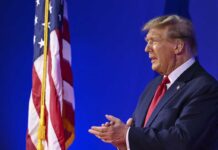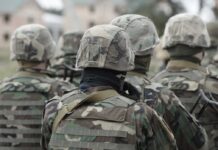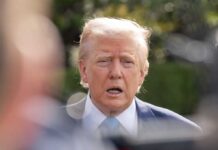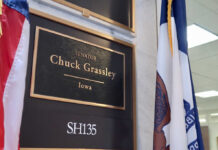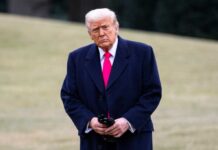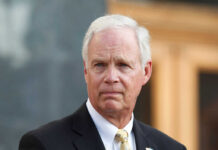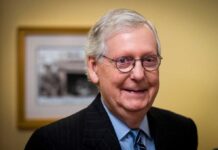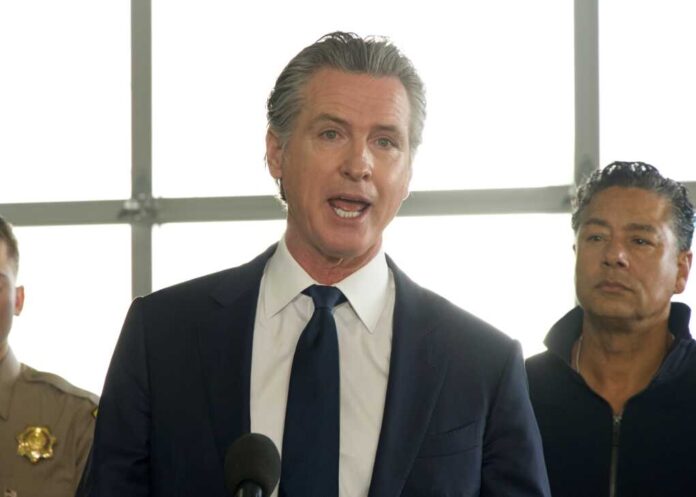
Trump’s threat to arrest Governor Newsom over protests has escalated a federal‑state crisis with serious implications.
At a Glance
- President Trump suggested California Gov. Gavin Newsom should be arrested for essentially running for governor.
- Trump deployed 2,000 National Guard troops and 700 Marines to Los Angeles without state consent.Newsom has filed a federal lawsuit claiming Trump’s deployment violates the 10th Amendment.
- Newsom described Trump’s arrest threat as a “step toward authoritarianism.”
- More than 150 demonstrators were arrested in Los Angeles amid clashes with federal agents.
Clash Over Arrest Threat
President Trump told reporters he’d arrest Newsom “if I were Tom [Homan],” urging border czar Tom Homan to take the governor into custody for obstructing federal ICE operations. When pressed on what crime Newsom had committed, Trump replied, “his primary crime is running for governor because he’s done such a bad job.” In response, Newsom called the remarks “acts of a dictator” and said the nation had crossed “an unacceptable line.”
Military Deployment Sparks Legal Battle
Amid mounting protests in Los Angeles triggered by aggressive federal immigration raids, Trump mobilized 2,000 National Guard troops and 700 Marines, overriding objections from both Newsom and Los Angeles Mayor Karen Bass. In response, Newsom filed a federal lawsuit, arguing that deploying the Guard under Title 10 without state consent violates the 10th Amendment and California’s sovereign rights. Legal scholars have noted that this marks a major test of constitutional limits around domestic use of federal forces in the absence of an insurrection or clear national emergency.
Watch a report: why the president’s arrest suggestion marks a new chapter in executive‑state conflict.
Stakes for U.S. Democracy
The crisis is more than a clash of personalities—it’s about the balance of power in American democracy. Trump’s threat to use federal law enforcement and troops against a political rival has fueled concerns about authoritarian overreach. While Trump’s supporters argue that the move was necessary to reassert control amid chaotic protests, critics warn it sets a dangerous precedent of using federal power to punish opposition.
Newsom’s legal team has signaled their intent to take the case to the Supreme Court if necessary, arguing that the deployment and rhetoric reflect “the erosion of democratic norms.” As protests continue and arrests climb past 150 in Los Angeles, the unfolding legal showdown could become a landmark in defining federal authority—and resisting it—in 21st-century America.


